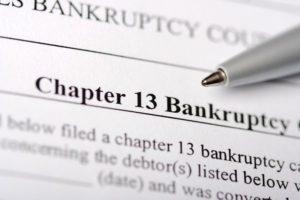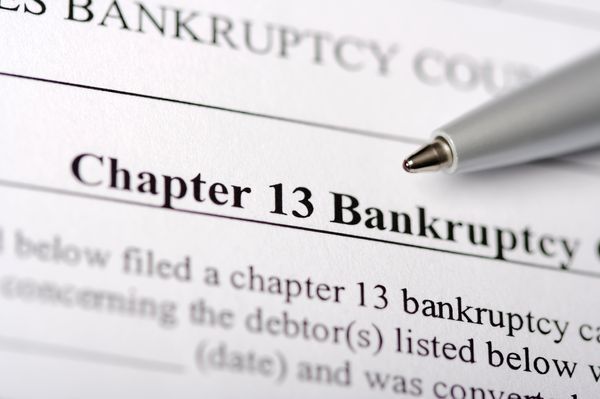Many people do not realize that bankruptcy provides a choice. For consumers, there are mainly two choices, and in some circumstances, it may be a different set of two choices. Prospective bankruptcy debtors must be fully aware of their financial situation so they may best analyze which type of bankruptcy is best for them. In substance, the choice is between liquidation and reorganization. An experienced Utah bankruptcy attorney can help any Utah resident make this important and difficult decision.
Generally, there are three types of bankruptcy available under federal law. A fourth type is devoted to the reorganization of individuals who own and operate farms. As mentioned above, bankruptcy involves liquidating assets, distributing the proceeds to creditors, and receiving a discharge under Chapter 7. The alternative is a reorganization of liabilities and assets over three to five years under Chapter 13. For debtors whose debt is above the threshold limits for chapter 13, reorganization under Chapter 11 is available.
Debtors may file any one of these types of bankruptcy under the applicable chapter of the Bankruptcy Code if they qualify under federal law. Thus, anyone who meets the eligibility requirements under both Chapter 13 and Chapter 7, may choose under which chapter to file.
An experienced and knowledgeable bankruptcy attorney can provide all of the relevant information and advice necessary for any prospective bankruptcy debtor to make the best choice possible based and their individual financial circumstances, assets, and liabilities.
Eligibility is primarily based on present and past income. Specifically, if income is higher than the median income for a similarly-sized household, the individual is ineligible for Chapter 7. The reasoning is that the debtor has enough income to repay some of his or her unsecured debt within five years (theoretically in a Chapter 13 plan of repayment). Another requirement of eligibility for a Chapter 13 filing is that there is a ceiling on the amount of secured and unsecured debt that a debtor may have.
If given the choice, it usually is wiser to file a Chapter 7 bankruptcy, since a debtor may receive a discharge in a shorter period. Chapter 13 may be the most appropriate option for debtors with an excessive amount of income and nonexempt assets.
If your financial situation requires the filing of a bankruptcy case under Chapter 7 or 13, an experienced and qualified bankruptcy attorney can help you accurately review and carefully consider your options, and which type of bankruptcy is right for you. An experienced and qualified bankruptcy attorney can help you throughout the entire lifespan of a bankruptcy case. l
Theron Morrison cares about protecting your rights. Talk to the Morrison Law Group about your Chapter 7 or Chapter 13 bankruptcy options. Call 801.456.9933 today to schedule a FREE consultation. We have locations in Ogden, Logan, Sandy, and St. George to serve the residents of the counties of Weber, Cache, Salt Lake, Utah, Morgan, Davis, Washington, and surrounding areas.



